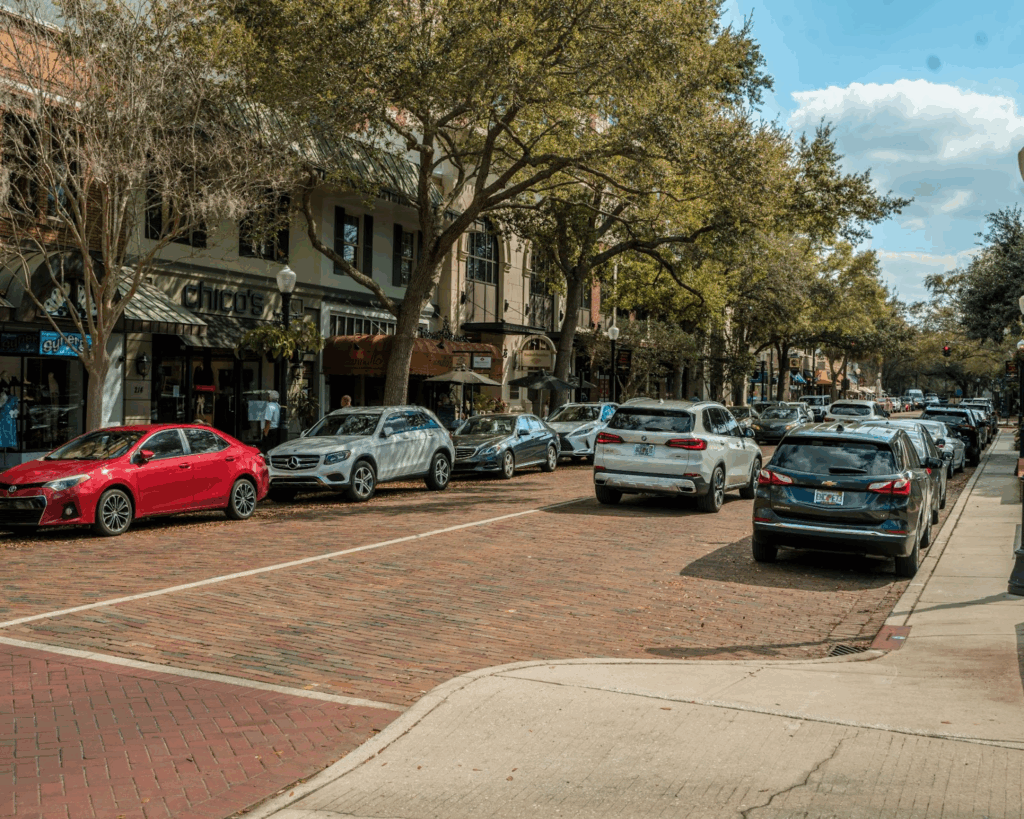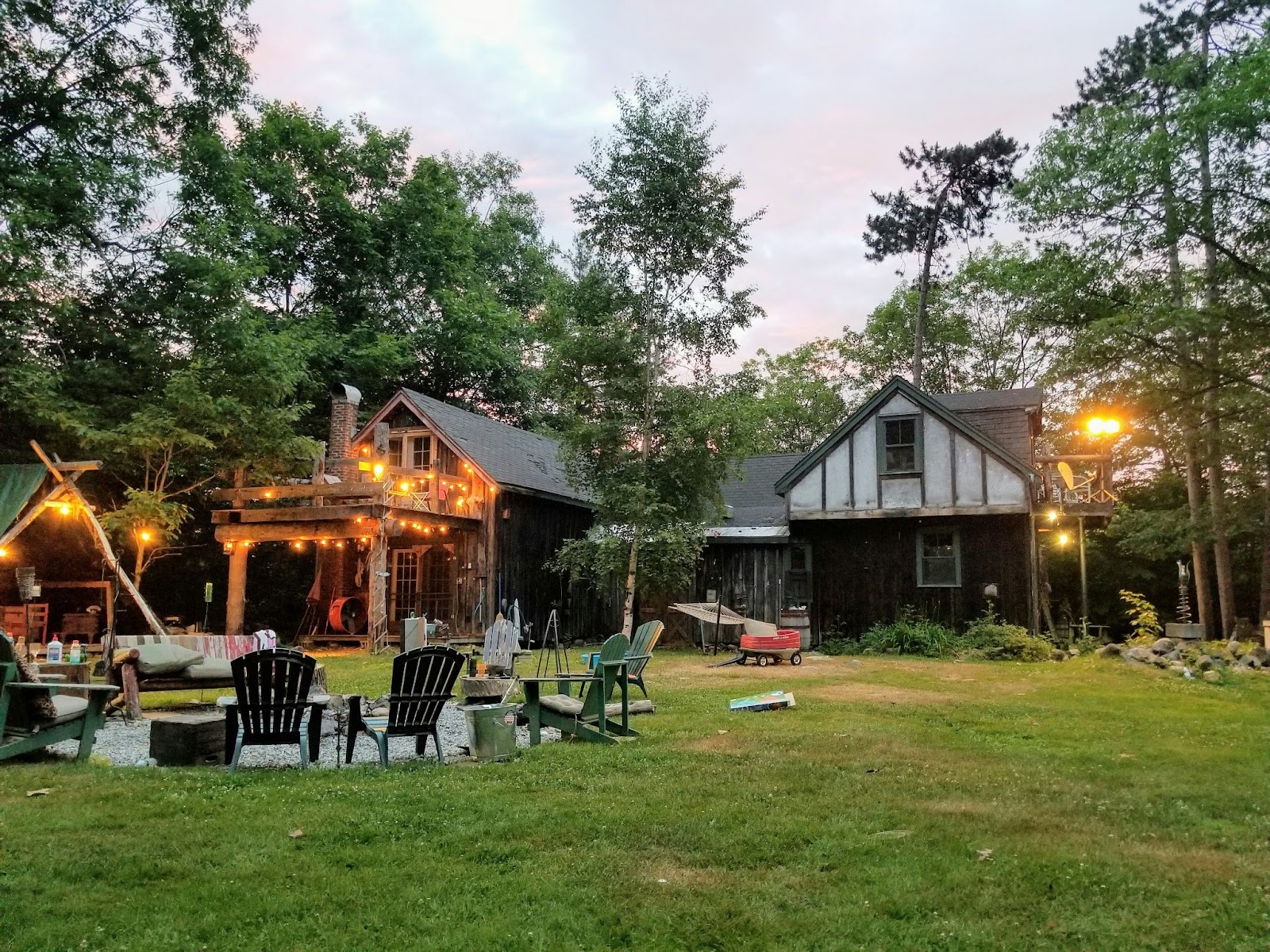Why Fall Is the Perfect Time to Buy a Home in Florida

For many people, spring and summer are the first seasons that come to mind when thinking about buying a home. But in Florida, buying a home in fall often proves to be an ideal window for buyers. With its warm weather, slower pace after the summer rush, and unique market conditions, fall home buying in Florida offers opportunities that can benefit buyers in ways other seasons simply can’t. This article explores why fall is the perfect time to buy a home in Florida, from market trends and pricing to lifestyle and long term planning.
Seasonal Market Dynamics in Florida
Florida’s real estate market has its own rhythm, driven by a combination of tourism, seasonal residents, and year round buyers. The spring and summer months typically see heightened activity. Families with children try to move before the school year begins, and vacationers often turn into prospective buyers. By the time fall arrives, demand cools slightly, leaving buyers with more negotiating power and less competition.
Lower Competition Among Buyers
With fewer families relocating during the fall, bidding wars tend to taper off. This gives prospective buyers breathing room to view multiple properties, make thoughtful offers, and negotiate terms without the high pressure atmosphere of peak season.
More Motivated Sellers
Homes that have been on the market since summer may now be priced to sell. Sellers eager to close before the holiday season or year end may be more willing to negotiate on price, closing costs, or contingencies. This can translate to real savings for buyers.
Pricing Trends in the Fall
Although Florida’s overall market remains robust, seasonal fluctuations can create pricing opportunities. Data from past years shows a modest dip in median sales prices from late summer into early winter in several metropolitan areas. While these dips aren’t dramatic, they can still make a meaningful difference, especially for first time buyers or investors looking to maximize return on investment.
Incentives and Concessions
Beyond list prices, fall can bring a rise in seller concessions. You may see offers for covering part of closing costs, including appliances or furniture, or allowing longer inspection periods. Builders of new construction homes may also offer incentives at year end to meet sales quotas.
Ideal Weather for House Hunting
Florida’s summer heat, humidity, and afternoon thunderstorms can make house hunting uncomfortable. By contrast, fall weather in much of the state is milder, making it easier to schedule showings, attend open houses, and explore neighborhoods without the sweltering conditions of July and August.
Seeing the Property in “Real Life” Conditions
The fall season also lets buyers observe how a property handles Florida’s unique climate. After the peak of hurricane season, you can see if drainage systems work properly, whether landscaping has held up, and how well the home’s exterior weathers heavy rain. This real time insight can be invaluable for long term maintenance planning.
Lifestyle Advantages of Moving in Fall
Timing a move is about more than market dynamics. It’s also about convenience and lifestyle.
Smoother Moving Logistics
Moving companies, contractors, and inspectors often have more availability in the fall compared to the summer rush. This can lead to faster scheduling, lower rates, and a smoother overall process.
Settling In Before the Holidays
Purchasing a home in the fall allows you to move in and get settled before the holiday season. Whether you’re hosting family or simply want to enjoy your new space, closing in the fall gives you time to decorate, furnish, and make the home your own.
Benefits for Snowbirds and Second-Home Buyers
Florida’s seasonal residents, often called snowbirds, return to the state in the late fall and winter months. Buying in the fall allows them to secure a property before demand spikes again in January. This is particularly beneficial in coastal towns and popular retirement communities, where inventory can tighten dramatically once winter tourism picks up.
Investment Potential
For investors, purchasing a home in the fall means you can have it ready for peak rental season during winter and spring, when vacation rentals command higher rates. This strategic timing can maximize your return on investment.
Financing and Interest Rate Considerations
While mortgage rates fluctuate due to national economic trends rather than seasons, the timing of your purchase can still impact financing.
Year-End Financial Planning
Many buyers and sellers are motivated to complete transactions before year end for tax or financial reasons. Lenders and mortgage brokers may also offer end of year promotions, making fall an opportune time to shop for the best rates and terms.
Appraisal and Underwriting Speeds
With fewer transactions in the pipeline compared to spring and summer, appraisers, underwriters, and closing agents may have shorter turnaround times. This can help your purchase close faster and with fewer delays.
Evaluating Neighborhoods at a Different Pace
Neighborhoods look and feel different in the fall. With school back in session and summer tourists gone, you can get a more realistic picture of daily life. Traffic patterns, noise levels, and community events in the fall may more closely reflect what you’ll experience year round as a resident.
Community Engagement Opportunities
Many Florida communities ramp up local festivals, farmers’ markets, and cultural events in the fall. Exploring these activities can help you assess whether the area aligns with your lifestyle and interests.
Practical Tips for Buying a Home in Florida This Fall
1. Get Pre Approved Early
Even in a less competitive season, having a mortgage pre approval strengthens your offer and shows sellers you’re serious. This can be especially important for desirable properties still receiving multiple bids.
2. Work With a Local Real Estate Professional
Florida’s diverse market, coastal condos, suburban single family homes, rural acreage,requires local expertise. A knowledgeable agent can help you identify seasonal opportunities, interpret market trends, and negotiate effectively.
3. Consider Hurricane Preparedness
Although the peak of hurricane season is usually over by late fall, buyers should still evaluate a property’s storm readiness. Ask about wind mitigation features, flood zones, and insurance premiums.
4. Inspect Thoroughly
Use the slower pace of fall to schedule comprehensive inspections. Check roofs, HVAC systems, drainage, and other components essential to Florida homes.
5. Think Long Term Value
Consider how the neighborhood or region may develop over the next few years. Fall may be the perfect time to buy in an up and coming area before demand surges again.
The Bottom Line: Fall Offers a Strategic Edge
While there’s no universally “perfect” time to buy a home, Florida’s fall season offers a blend of market, lifestyle, and logistical advantages that can be hard to match. Lower competition, motivated sellers, better weather, and the ability to settle in before the holidays all make fall a strategic choice for homebuyers.
By planning ahead and working with experienced professionals, buyers can leverage these seasonal benefits to find their ideal home, whether it’s a first time purchase, an investment property, or a second home for winter escapes.
Conclusion
Buying a home in Florida during the fall isn’t just about catching a break from the summer heat. It’s about making a smart, informed decision at a time when the market is more favorable, logistics are easier, and opportunities abound. For those ready to make their move, fall could be the key to unlocking the perfect Florida property.






